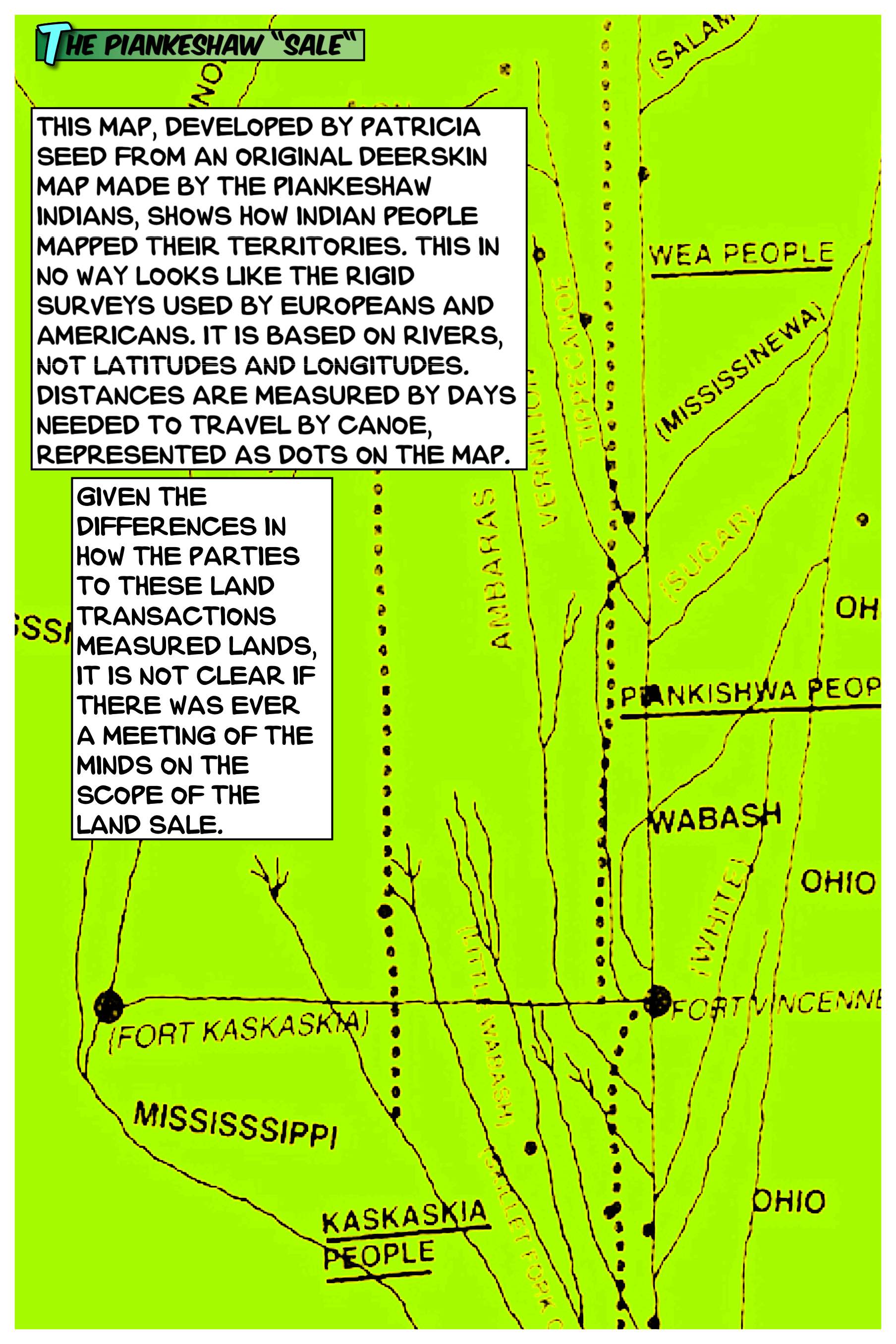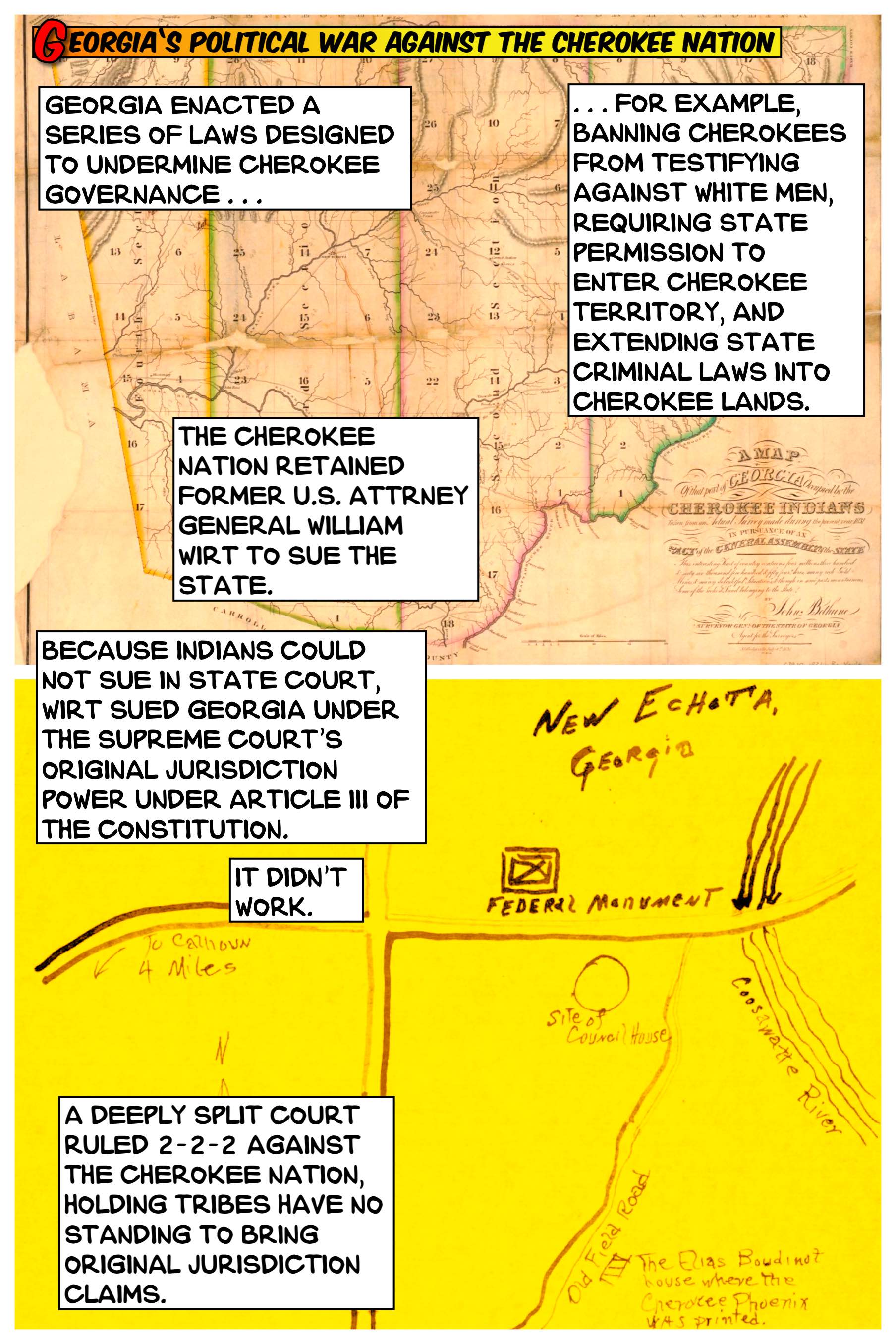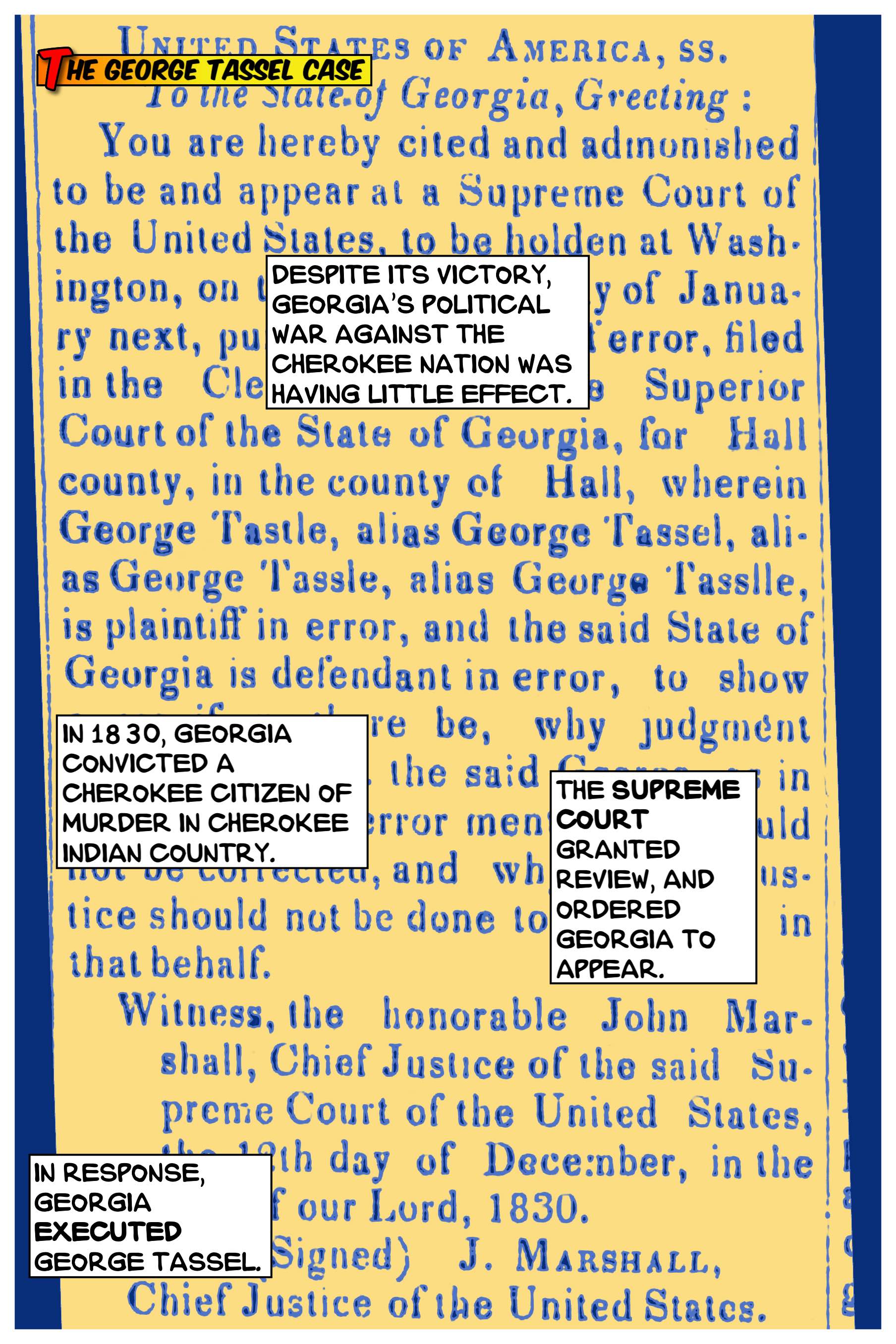____________________________________________________________________________
To post an open Indian law or leadership job to Turtle Talk, send the following information to indigenous@law.msu.edu:
In the email body:
- A typed brief description of the position which includes:
- Position title
- Location (city, state)
- Main duties
- Closing date
- Any other pertinent details such as links to the application
- An attached PDF job announcement.
____________________________________________________________________________
Sonosky, Chambers, Sachse, Endreson & Perry, LLP
Summer 2022 – Incoming 2L Student Associate. Sonosky, Chambers, Sachse, Endreson, & Perry LLP is a national law firm dedicated to representing Native American interests in a wide range of endeavors – including trial and appellate litigation, federal Indian law, tribal law, Indian self-determination and self-governance matters, transportation and infrastructure, natural resources, and economic development. Please see the position description for more information. Interested applicants should send a cover letter, resume, transcript, and writing sample to Mary Pavel, Partner at mpavel@sonosky.com and also copy kwray@sonosky.com. Applications are due by Friday, October 8th, 2021.
Root & Rebound
Tribal Regions Staff Attorney. Eureka, CA, with travel across Northern California. Duties include: (1) Expanding direct legal services and growing partnerships with the Yurok Tribe and other indigenous communities in Northern California. (2) Conducting holistic legal intakes for a client’s reentry legal needs and developing an appropriate legal services plan. (3) Building partnerships and relationships with Indigenous community groups and organizations. (4) Pushing for policy reform on issues affecting Indigenous communities, including speaking with media or congressional representatives, or participating in communications campaigns. (5) Seeking and elevating potential new funding opportunities. Please see the position description for more information. Applications are preferred by August 29th, but will be accepted on a rolling basis until the position is filled.
University of Idaho College of Law
Assistant Dean of Admissions, Moscow, ID or Boise, ID. The Assistant Dean will: (1) Report directly to the Dean of the College of Law and serve as a member of the senior leadership team. (2) Recruit for the College’s Native American Law Program, which enjoys significant support from the faculty and administration, as demonstrated by the development of our recent Tribal Homelands Scholarship. Please see the position description for more information. Interested candidates should apply here by July 30, 2021. The application will remain open until the position is filled.
Rothstein Donatelli, LLP
Associate Attorney. Tempe, AZ. Duties include: (1) Specializing in federal Indian law, including gaming, economic development, Indian Child Welfare Act, Indian health law, labor and employment law, civil litigation, and transactional matters. (2) Advancing the sovereign rights of Native American tribes. (3) The ability to conduct excellent research, writing skills, and experience working with tribal communities. Please see the position description for more information. Interested Candidates should submit a cover letter, resume, references, and writing sample to Firm Administrator Manya Snyder at info@rothsteinlaw.com. The position will remain open until filled.
Shute, Mihaly & Weinberger LLP
Recent law school graduates for three-year fellowship program, beginning Fall 2022. San Francisco, Also hiring law students as law clerks, full-time for Summer 2022 and part-time during the school year. Please see the position description for more information. Applications for both positions are due September 6, 2021.
Hoopa Valley Tribe
Associate Attorney. Hoopa, CA. Duties include possessing outstanding writing, research, and communication skills. Interested applicants should submit an application, resume, and writing sample to Leah Offins, HR Coordinator at l.offins@hoopainsurance.com. This position is open until filled.
The California Tribal Families Coalition
Summer 2022 Law Clerkships. Sacramento, CA/Remote. Duties include promoting the health, safety and welfare of tribal children and families. Clerkships will be primarily remote but may include an opportunity to meet in-person in Northern California with the CTFC team. Candidates are preferably rising 3Ls, however, rising 2Ls with relevant experience prior to or while in law school will be considered. Please send the following materials to clerkapp@caltribalfamilies.org: cover letter, resume, writing sample, and two references. The application deadline is November 5, 2021. See the full job announcement for more details. Interested candidates should send a cover letter, resume, writing sample, and two references to clerkapp@caltribalfamilies.org by November 5th, 2021.
The University of South Dakota Knudson School of Law
Assistant/Assoc./Full Professor, Legal Writing. Vermillion, SD. Duties include: (1) Teaching in the 1L Legal Writing program as well as select upper-division writing courses. (2) Scholarship. (3) Service to the law school and university. Inquiries and applications may be directed to Eric W. Young, Assistant Dean, University of South Dakota Knudson School of Law, 414 East Clark Street, Vermilion, SD 57069 by September 6th, 2021. You may also send a message by email to eric.young@usd.edu or you may call at 605-658-3524.
Entry-level or lateral professor with expertise in the field of Business Organizations. Vermillion, SD. Duties include: (1) Teaching Business Organizations. (2) Selecting upper-division drafting courses. (2) Scholarship. (3) Service to the law school and university. Please see the position description for more information. Inquiries and applications may be directed to Eric W. Young, Assistant Dean, University of South Dakota Knudson School of Law, 414 East Clark Street, Vermilion, SD 57069 by September 6th, 2021. You may also send a message by email to eric.young@usd.edu or you may call at 605-658-3524.
Patterson Earnhart Real Bird & Wilson LLP
Associate Attorney. Louisville, CO. Duties include: (1) Providing counsel and legal services to new and existing clients in a professional and expedient manner. (2) Participating in business development functions (conferences, seminars, etc.). (3) Conducting legal research by preparing legal memoranda and necessary pleadings required in all aspects of tribal, federal, and state litigation matters. (4) Appearing at hearings and trials, including hearings in tribal courts. Please see the position description for more information. Interested candidates should send their resume, cover letter, writing sample, professional references, and law school transcripts (if graduated less than 5 years ago) to Erin Obray, Firm Administrator eobray@nativelawgroup.com. The position is open until filled.
Spokane Tribe of Indians
Chief Judge, Spokane Tribal Court, Wellpinit, WA. The Chief Judge will: (1) Serve as Chief Judge for the Spokane Tribal Court. (2) Preside over cases brought before the Tribal Court under the Revised Spokane Law and Order Code (“RSLOC”). (3) Hear and adjudicate matters filed in the Spokane Tribal Court. (4) Serve as the lead Court Administrator and supervise the assistant Court Administrator in the setting, amending, and management of budgets, as well as grant management and reporting. (5) Report quarterly to Tribal Council and submit an annual written report. (6) Communicate the needs of the Spokane Tribal Court to the Tribal Council. Please see the position description for more information. Applicants should submit a Spokane Tribe of Indians Employment Application, letter of interest, resume, and three professional references to Sabrina McCoy or Andrea Flett hrfrontdesk@spokanetribe.com.
The University of Idaho College of Law
Tenure-track or tenured faculty member in the area of Tax Law. Moscow, ID. Both entry-level and lateral candidates are encouraged to apply. Duties include: (1) Teaching an introductory tax course, as well as other classes that may include advanced tax courses and Wills, Trusts, and Estates. (2) Mentoring students, advising students on curricular and co-curricular activities, and developing a scholarly, outreach, and engagement agenda that will enrich the scholarly and legal communities. (3) Conceivably, he or she might switch out estate planning for another course every other year (which could include Tribal Nations Economics & Law). On its face, this package does not include much in the Native American law arena. However, that very well could change over time and there are several extracurricular programs that could use expertise in tribal tax, estate planning, tribal economic development, etc. More details regarding these programs are available by emailing Dylan Hedden-Nicely at dhedden@uidaho.edu. Please see the position description for more information. Interested candidates should submit an application, including a statement of demonstrated commitment to fostering an inclusive community, at https://www.uidaho.edu/human-resources. Please direct general questions to Sam Newton, the search committee chair, at samnewton@uidaho.edu. Priority consideration will be given to applications received by September 15, 2021.
Pueblo of Laguna
Public Defender, Government Affairs Office. Laguna, NM. Duties include: (1) Representing indigent individuals in the Pueblo Court accused of violating the Pueblo’s ordinances. (2) Performing necessary tasks to provide competent advocacy including arrangements for setting of bail and posting of bond, pretrial conferences, representation in court appearances, and post-trial representation. (3) Ensuring that the civil rights of clients charged with violations of the Pueblo’s codes and/or ordinances are competently protected. Please see the position description for more information. Interested candidates should fill out an application here. Applications are due no later than September 3rd, 2021.
Judicial Branch of the Navajo Nation
Judicial Hearing Officer, Chinle, AZ. Under supervision of the Chief Justice, exercises authority to preside over hearings and dispositions involving the Domestic Abuse Protection Act and Álchíní Bi Beehaz’áannii Act occurring within the respective jurisdiction of the District Courts of the Navajo Nation; performs related work as assigned. The JHO will engage in legal research and writing in child welfare, domestic abuse, temporary minor or adult guardianship, child custoy and other family matters. One Year Grant Funded with Benefits. For more information, please visit http://www.courts.navajo-nsn.gov/vacancies.htm. This position is open until filled.
Staff Attorney, Chinle Judicial District, Chinle AZ. This position provides complex legal advice and guidance, conducts legal research, and drafts legal documents in support of judges and other court staff. For more information, please see the position description or to apply, visit http://www.courts.navajo-nsn.gov/vacancies.htm. This position is open until filled.
Staff Attorney, Kayenta Judicial District, Kayenta, AZ. This position provides complex legal advice and guidance, conducts legal research, and drafts legal documents in support of judges and other court staff. For more information, please see the position description or to apply, visit http://www.courts.navajo-nsn.gov/vacancies.htm. This position is open until filled.
District Court Judge, Judicial District Court, Navajo Nation Wide. The District Court Judge is responsible in presiding over civil, criminal and family court cases; provides policy direction and guidance in the operation of the Judicial District. For more information, please see the position description or to apply, visit http://www.courts.navajo-nsn.gov/vacancies.htm. This position is open until filled.



You must be logged in to post a comment.